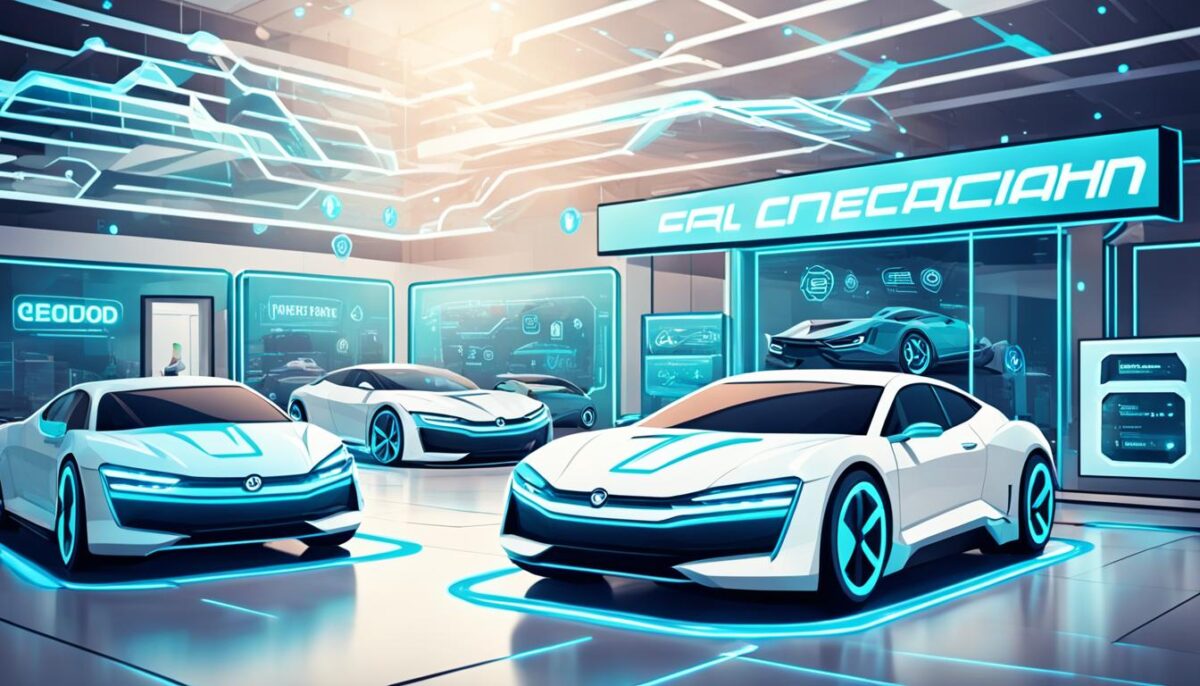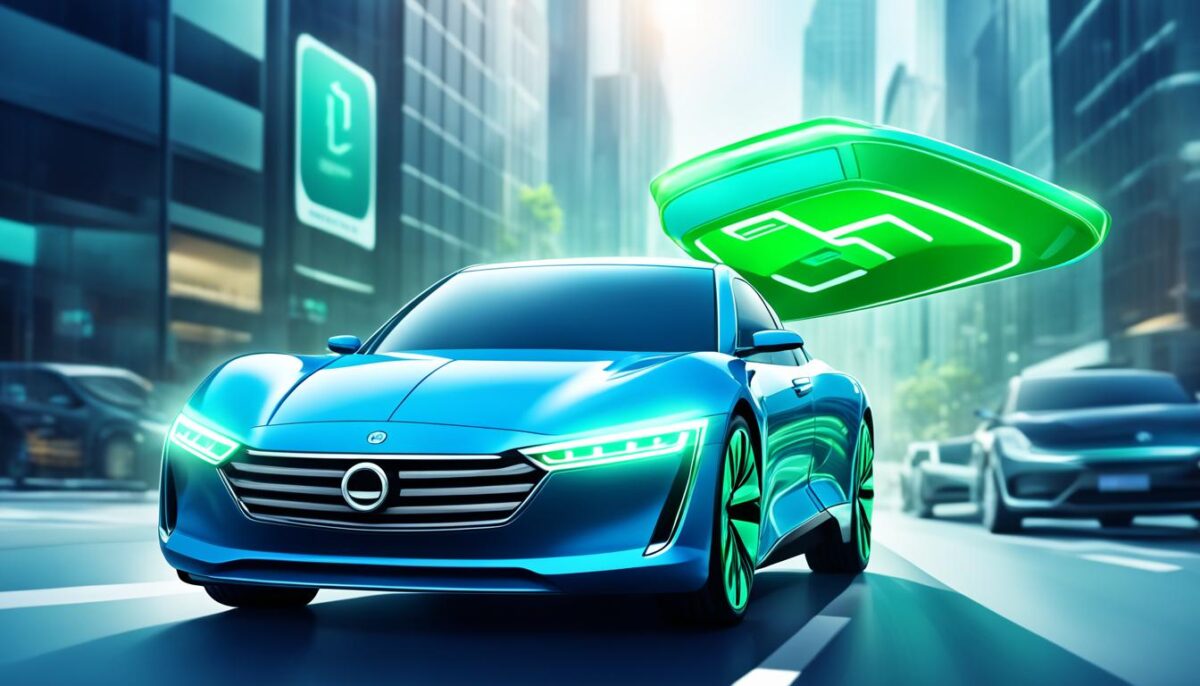In the rapidly evolving automotive industry, a new wave of innovation is taking hold – the integration of digital tokens for car sales. This transformative technology is poised to revolutionize the way we buy, sell, and interact with vehicles, ushering in a new era of efficiency, transparency, and enhanced customer experiences. As we explore this cutting-edge development, we will delve into how digital tokens are reshaping the automotive landscape and the profound implications it holds for the future of car sales.
Embracing Digital Tokens for Car Sales
At the heart of the digital tokens for car sales revolution is the implementation of blockchain technology. This decentralized, secure, and transparent platform enables the seamless integration of digital tokens into the car sales process. By leveraging the power of blockchain, we can streamline transactions, automate workflows, and enhance the overall customer experience. The integration of digital tokens not only simplifies the buying and selling process but also introduces new levels of transparency and trust, empowering both buyers and sellers to engage in transactions with confidence.
The Blockchain Transformation
The adoption of blockchain technology in the automotive industry is revolutionizing the car sales process. This decentralized ledger system provides a secure and transparent platform for recording and verifying digital token transactions. By leveraging blockchain, we can eliminate the need for intermediaries, reduce paperwork, and ensure the integrity of every step in the sales process. This enhanced efficiency and transparency not only streamlines the transaction but also builds trust between buyers and sellers.
Enhancing Customer Experience
The integration of digital tokens into the car sales process has a profound impact on the customer experience. Buyers can now participate in a seamless, hassle-free transaction, where they can securely exchange digital tokens for the desired vehicle. This level of transparency and efficiency empowers customers to make informed decisions and engage in the sales process with confidence. Moreover, the automation of various tasks, such as contract management and payment processing, further enhances the overall customer experience, making the car buying journey more enjoyable and streamlined.

“The integration of digital tokens not only simplifies the buying and selling process but also introduces new levels of transparency and trust, empowering both buyers and sellers to engage in transactions with confidence.”
Digital Tokens for Car Sales: A Seamless Transaction
The integration of digital tokens into car sales transactions ushers in a new era of streamlined and secure processes. Through the power of smart contracts and blockchain technology, the process of buying and selling a vehicle has become remarkably more efficient and transparent.
Gone are the days of extensive paperwork, time-consuming negotiations, and administrative burdens. Digital tokens enable a seamless, digitally-driven transaction process that benefits both buyers and sellers. This innovative approach not only reduces the workload for dealerships and automotive businesses but also allows them to focus on delivering exceptional customer service.
Embracing the Digital Transformation
By leveraging digital tokens, the car sales industry is undergoing a transformative shift. Smart contracts, powered by blockchain technology, streamline the entire transaction process, ensuring secure and transparent exchanges of digital assets. This paradigm shift eliminates the need for manual paperwork, reducing the risk of errors and enhancing the overall customer experience.
Enhancing Transparency and Security
The adoption of digital tokens in car sales transactions has ushered in a new era of transparency and security. Through the use of blockchain, every step of the process is recorded immutably, providing a tamper-proof record of the transaction. This level of transparency fosters trust between buyers and sellers, ensuring that all parties involved can have confidence in the integrity of the deal.
| Feature | Traditional Car Sales | Digital Tokens for Car Sales |
|---|---|---|
| Transaction Process | Extensive paperwork, manual negotiations | Streamlined, digitally-driven transactions |
| Security | Vulnerable to fraud and errors | Secure, tamper-proof transactions powered by blockchain |
| Transparency | Limited visibility into the transaction history | Transparent, immutable record of the entire process |
| Administrative Burden | High, with extensive paperwork and coordination | Reduced, allowing businesses to focus on customer service |
The integration of digital tokens into the car sales industry is revolutionizing the way transactions are conducted. By embracing this transformative technology, buyers, sellers, and automotive businesses can enjoy a streamlined, secure, and transparent process that benefits all stakeholders involved.

“The adoption of digital tokens in car sales transactions is a game-changer, ushering in a new era of efficiency and trust.”
Benefits of Digital Tokens in the Automotive Sector
The adoption of digital tokens in the automotive industry offers a multitude of advantages that extend far beyond the car sales process. By embracing this innovative technology, we can witness increased efficiency, improved transparency, and enhanced customer experiences across the entire automotive ecosystem. From streamlined transactions and reduced paperwork to secure data management and new revenue streams, digital tokens are poised to revolutionize the way the automotive industry operates.
One of the primary benefits of digital tokens is their ability to enhance the car buying and selling experience. By leveraging blockchain technology, we can create a more transparent and secure transactional environment, where both buyers and sellers can trust the integrity of the process. This not only streamlines the process but also instills confidence in the parties involved, leading to a more satisfying customer journey.
Moreover, the integration of digital tokens can significantly reduce the administrative burden and overhead costs associated with traditional car sales. By automating various aspects of the process, such as vehicle history verification, financing, and documentation, we can create a more efficient and cost-effective system. This, in turn, can translate into lower prices for consumers and higher profit margins for automotive businesses, ultimately driving growth and innovation within the industry.




